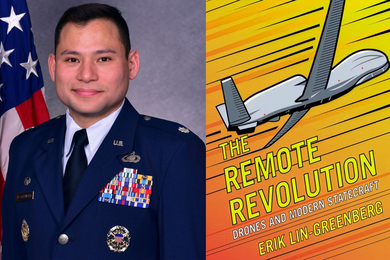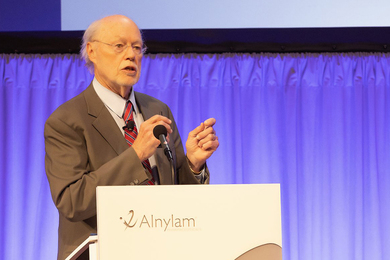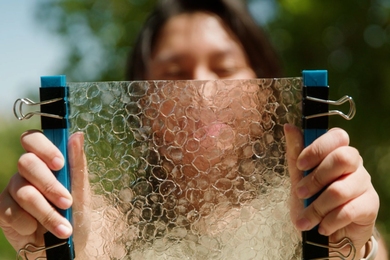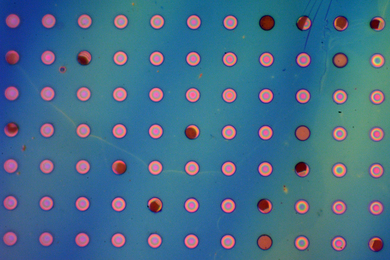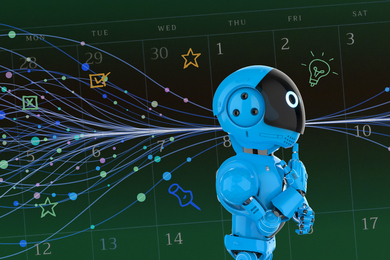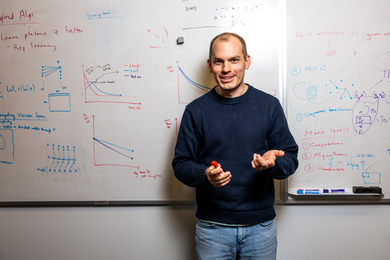Dr. Lisa Freed will speak on "Engineering Functional Tissues" at the MIT Women's Forum/MIT Women's League "Women on the Edge of New Frontiers" lunchtime lecture on April 9. In its third year, the series features prominent women academics who explain their research to a nontechnical audience.
Dr. Freed is a principal research scientist in the Harvard-MIT Division of Health Sciences and Technology (HST). The goal of her research is to improve basic understanding of tissue development and to generate functional engineered tissues for scientific research and clinical use. Over the past decade, she has worked towards engineering functional tissues that resemble native cartilage and cardiac tissue (i.e., cartilage that withstands compressive loading, cardiac muscle that propagates electrical signals) and developed novel biodegradable scaffolds and bioreactor systems for these purposes.
Her related research aims to understand how gravity affects living organisms, and to develop new methods to prevent or treat the adverse effect of prolonged immobilization and spaceflight. As part of the NASA program in biological and physical sciences, she engineered tissues on earth and in space, the latter in a study aboard the Mir space station.
An MIT alumna (SB 1982, SM, PhD), Dr. Freed received the MD from Harvard Medical School and HST. She is a Fellow of the American Institute for Medical and Biological Engineering. She was a Fulbright Scholar in Belgrade, Yugoslavia in 1989 and won a Whitaker Health Sciences and Technology Fellowship, an American Heart Association Fellowship and an M.A. Cartland-Shackford Medical Fellowship.
The lectures in this series are free and are held in the Bush Room (10-105) from 1-2pm. Beverages and desserts are provided; bring your own lunch.
A version of this article appeared in MIT Tech Talk on April 4, 2001.
